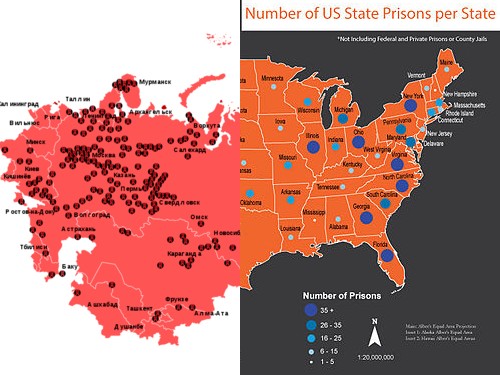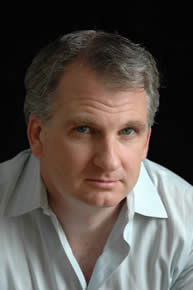Franke Seminar: Mass Incarceration in the Soviet Union and the United States

Course Description:
The Franke Seminar. An investigation of the experience and purposes of mass incarceration in the Soviet Union and the United States in the twentieth century. Incarceration is central to the understanding, if not usually to the self-understanding, of a society. It is thus a crucial aperture into basic questions of values and practices. This course proposes a frontal approach to the subject, by investigating two of the major carceral systems of the twentieth century, the Soviet and the American. Intensive reading includes first-person accounts of the Gulag and American prison as well as scholarly monographs on the causes of mass incarceration in different contexts. Brief account is taken of important comparative cases, such as Nazi Germany and communist China. Guest lectures and guest appearances are an important element of our teaching.
Led By:
 |
Professor Timothy SnyderTimothy Snyder is the Richard C. Levin Professor of History at Yale University and a permanent fellow at the Institute for Human Sciences in Vienna. He speaks five and reads ten European languages. His chief books are Nationalism, Marxism, and Modern Central Europe: A Biography of Kazimierz Kelles-Krauz (1998); The Reconstruction of Nations: Poland, Ukraine, Lithuania, Belarus, 1569-1999 (2003); Sketches from a Secret War: A Polish Artist’s Mission to Liberate Soviet Ukraine (2005); The Red Prince: The Secret Lives of a Habsburg Archduke (2008); Bloodlands: Europe Between Hitler and Stalin (2010), Thinking the Twentieth Century (with Tony Judt, 2012); Black Earth: The Holocaust as History and Warning (2015); On Tyranny: Twenty Lessons from the Twentieth Century (2017); and The Road to Unfreedom: Russia, Europe, America (2018). Snyder is co-editor of The Wall Around the West: State Borders and Immigration Controls in Europe and North America (2001); Stalin and Europe: Terror, War, Domination (2013); and The Balkans as Europe (2018). His essays are collected in Ukrainian History, Russian Politics, European Futures (2014), and The Politics of Life and Death (2015). Snyder’s work has appeared in forty languages and has received about as many prizes. He has received state orders from Estonia, Lithuania, and Poland. |
 |
Professor Jason StanleyJason Stanley is the Jacob Urowsky Professor of Philosophy at Yale University. Before coming to Yale in 2013, he was Distinguished Professor in the Department of Philosophy at Rutgers University. He has also been a Professor at the University of Michigan (2000-4) and Cornell University (1995-2000). His PhD was earned in 1995 at the Department of Linguistics and Philosophy at MIT (Robert Stalnaker, chair), and he received his BA from the State University of New York at Stony Brook in 1990. Professor Stanley’s latest book is How Fascism Works: The Politics of Us and Them (Penguin Random House, 2018). His current project is a book on non-ideal philosophy of language, The Politics of Language, co-authored with David Beaver, and under contract with Princeton University Press. Professor Stanley has four previously published books. His first book was Knowledge and Practical Interests published in 2005 by Oxford University Press. It was the winner of the 2007 American Philosophical Association book prize. Professor Stanley’s second book, Language in Context, also OUP, was published in 2007. This is a collection of his papers in semantics published between 2000 and 2007 on the topic of linguistic communication and context. His third book, Know How, was published in 2011, also with OUP. Professor Stanley’s fourth book, How Propaganda Works, was published by Princeton University Press in May, 2015. It was the winner of the 2016 PROSE award for the subject area of philosophy. |